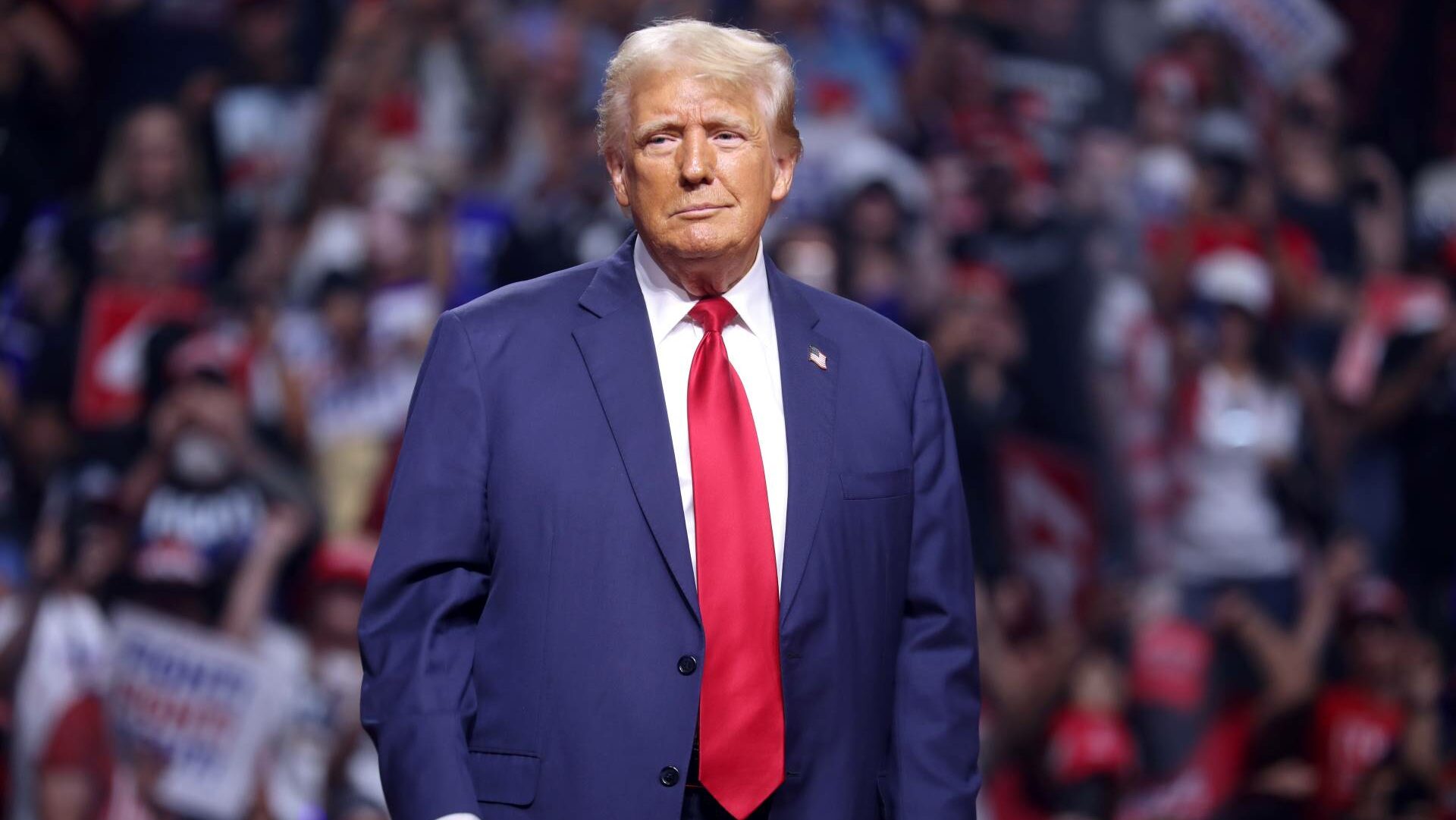Donald Trump declares US presidency victory: What this could mean for LGBTQ+ rights
As the GOP takes control of both the White House and Congress, questions loom over what his administration could mean for LGBTQ+ rights and protections in the US

Donald Trump is set to return to the White House, having captured pivotal battleground states, including Pennsylvania, Georgia, and North Carolina, leaving Kamala Harris with a steep path to victory. Projected results from the Associated Press suggest Trump has won nearly all swing states that went to Joe Biden in 2020, solidifying his lead in both the electoral college and popular vote.
With Republican victories likely giving them control of both the Senate and the House, Trump’s anticipated administration could usher in significant changes, supported by a GOP majority in Congress. In a victory speech early Wednesday (6 November) morning in West Palm Beach, Trump celebrated the night as a historic political comeback, promising to bring America a “golden age” built on conservative values and strong national policies.
“This is a magnificent victory for the American people, that will allow us to make America great again,” he told crowds.
What Trump presidency could mean for LGBTQ+ rights
A Trump-led administration, backed by Republican control of Congress, could bring shifts in federal policies impacting the LGBTQ+ community. Trump’s prior term saw rollbacks on protections, especially those impacting transgender individuals. Key concerns for advocates include:
Healthcare access
During its first term, the Trump administration rolled back healthcare protections under the Affordable Care Act, removing gender identity and sexual orientation from its nondiscrimination clause. This allowed healthcare providers to deny services to LGBTQ+ individuals based on religious or moral objections. A second term could see similar policies reinstated.
Workplace and housing protections
Trump’s influence over potential judicial appointments could bring challenges to federal protections like the 2020 Bostock v. Clayton County decision, which prohibits discrimination based on sexual orientation and gender identity in employment. Any reversal or narrowing of this ruling could open doors to more discrimination in states without local protections.
Educational policies
Trump’s campaign rhetoric aligns with conservative state laws that restrict LGBTQ+ topics in schools, such as Florida’s “Don’t Say Gay” law, which restricts discussions of gender and sexuality in schools. These policies could gain federal support under a Trump administration, limiting LGBTQ+ resources in educational settings, curbing protections for LGBTQ+ students, and creating hostile environments in schools.
Reactions to Trump win
Reactions have already started pouring in from around the world within the community and beyond on news of Trump’s projected win.
What a shit way to wake up. My heart goes to all my friends and family in America who have to endure this for 4 years. Stay strong, stay safe. 😔
— TheVivienne (@THEVIVIENNEUK) November 6, 2024
so proud of kamala. she put up a damn good fight in just 4 months. pic.twitter.com/b6wFGpGpOQ
— ً (@tylasweetener) November 6, 2024
It’s deeply disappointing that things turned out this way.
— Revd Mother Jide ‘Emeka’ Macaulay HHH ™ (@RevJide) November 6, 2024
Tragically, millions of good people chose to sit this election out. This was a critical moment for America to set a new record in voter turnout and show the power of collective action.
I’m heartbroken, not only for… https://t.co/3NDon5St5F
On @CNN
— Carol Vorderman (@carolvorders) November 6, 2024
Looks like Trump will win
God help America
And the UK too when he introduces tariffs against us very soon
Right wingers..
Voted Brexit to cut back UK trading with the Euro market….
& cheered on a man who'll cut back trade with USA…well done 🙄
But….the…
We need a Hail Mary
— Cardi B (@iamcardib) November 6, 2024
Trans people… In some ways, we are no longer fighting for our own rights, but for the people come next.
— Erin Reed (@ErinInTheMorn) November 6, 2024
Which is sad, but hopeful in some ways.
Because when I think about who came before… Dorchen, Jorgensen, Wendy Carlos… I'm not sad for what they overcame.
I smile.
